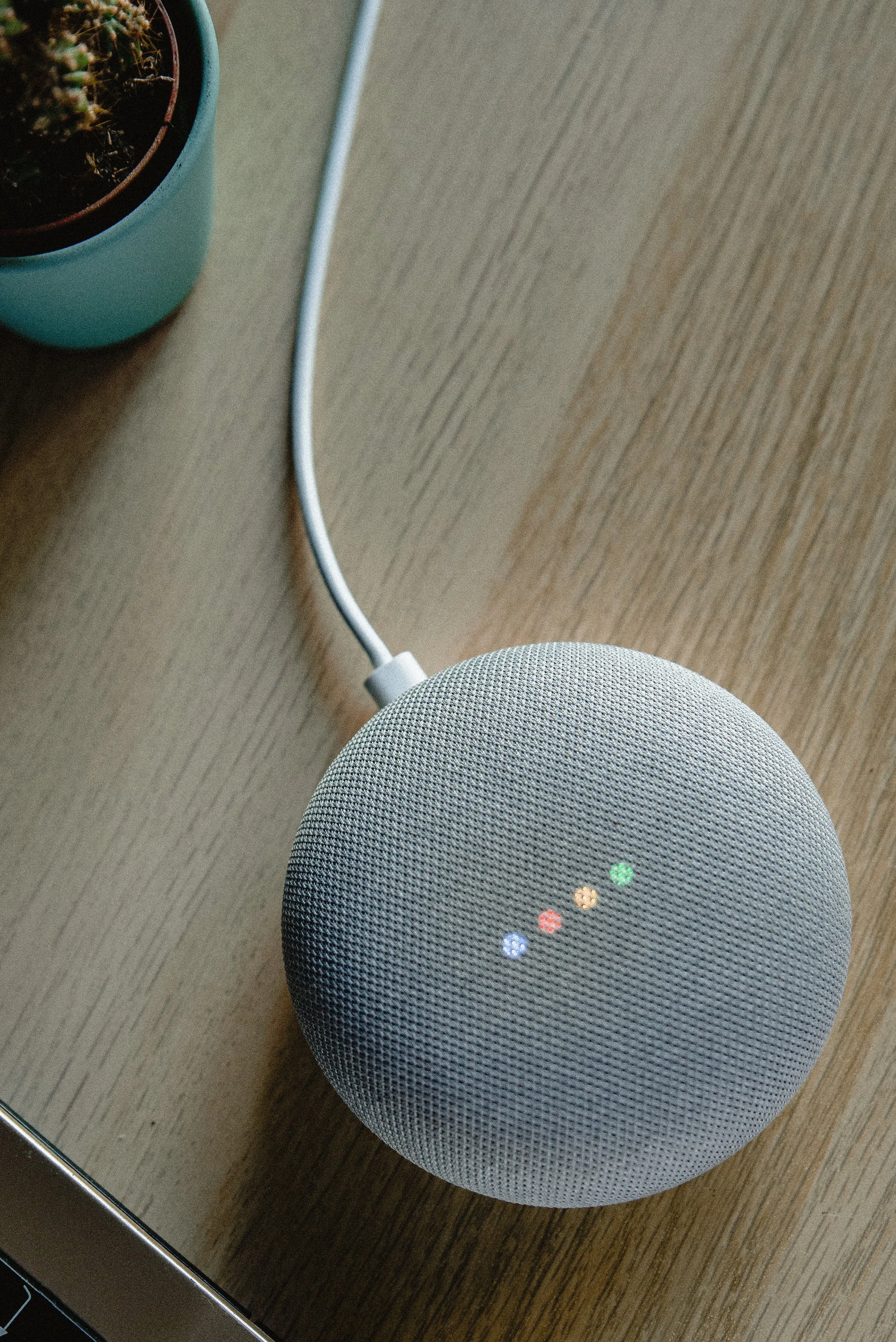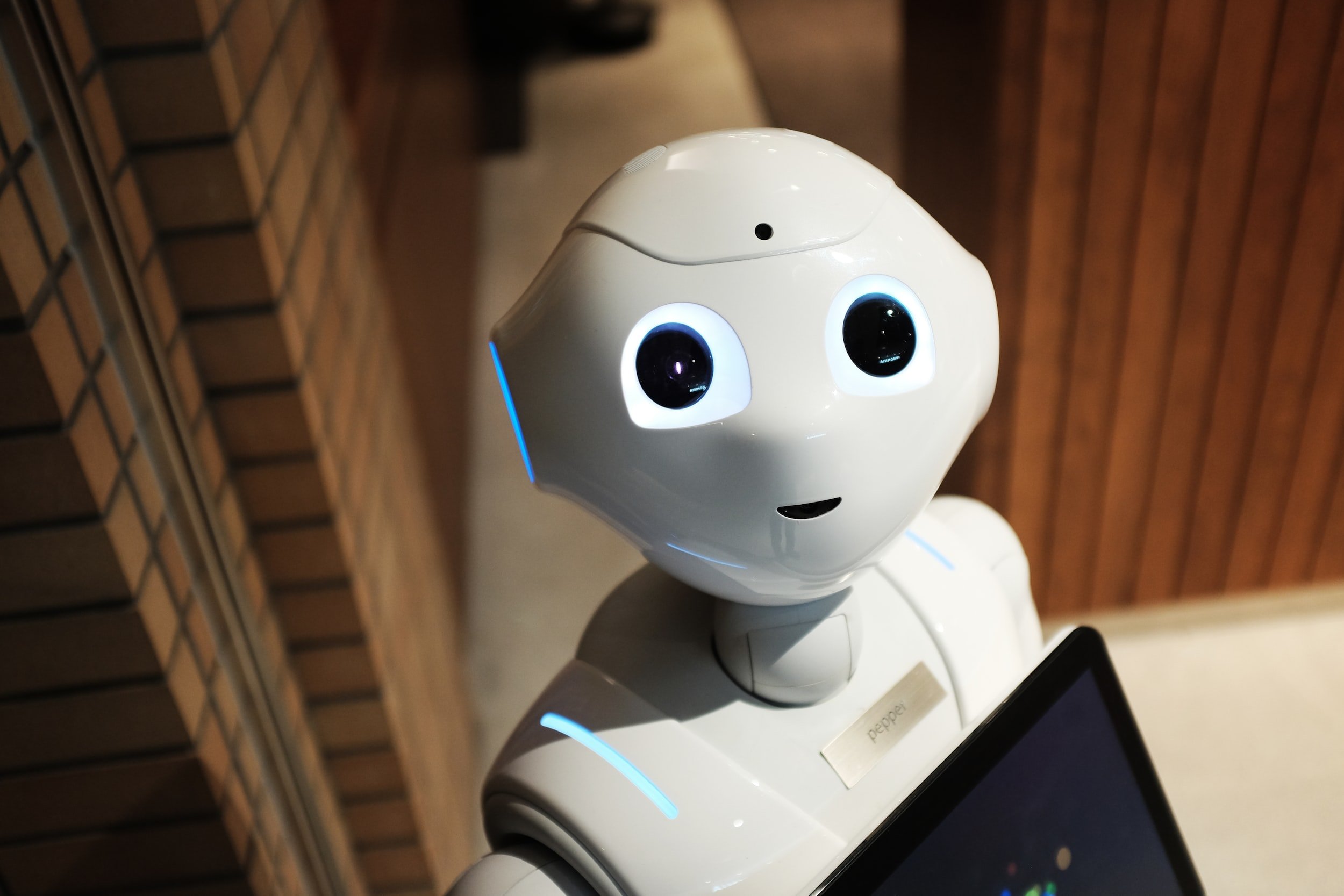Dementia is a debilitating condition that affects millions of people worldwide. It is characterized by a decline in cognitive function, memory loss, and difficulty with daily tasks. Caring for a loved one with dementia can be challenging. Still, assistive technologies have made it possible to improve the quality of life for both the person with dementia and their caregiver. This article will discuss the top 5 assistive technologies in dementia care and how they can be used to improve the lives of people with dementia.
-
Smart Home Assistive Technologies: Smart home technologies, such as Amazon Echo and Google Home, allow for hands-free control of lighting, heating, and appliances. They can also be used to set reminders for medication and appointments and play music or audiobooks for stimulation. People with dementia may have difficulty using technology, and voice-activated assistants can simplify the process by eliminating the need for buttons or complex instructions. These devices can make daily tasks easier for people with dementia and provide a sense of independence.
-
GPS Tracking Devices: Wandering is a common behavior in people with dementia and can be dangerous as they may become disoriented and lost. GPS tracking devices, such as the AngelSense GPS, can provide peace of mind for caregivers, as they can easily locate the person with dementia if they wander away from home. These devices can be worn on the person’s clothing or carried in a pocket and can provide real-time location information. They can also be programmed to send alerts if the person with dementia wanders too far away.
-
Telecare systems: These systems use caregiver & patient data from apps & sensors to monitor the safety and well-being of people with dementia. They can monitor vital signs, behaviors, and symptoms and proactively suggest therapies & activities. Telecare systems can alert caregivers if there are any problems, allowing them to respond quickly and prevent further complications. At CareFlick, we are building an intelligent telecare system powered by a proprietary AI engine.
-
Medication Reminders: Medication reminders, such as the MedMinder pill dispenser, can help ensure that the person with dementia takes their medication on time. These devices can be programmed with the person’s medication schedule and will dispense the appropriate medication at the right time. They also have alarms and can be connected to a smartphone to remind the person or caregiver when it’s time to take the medication.
-
Social Robots: Social robots, such as Jibo and Paro, are designed to provide companionship and stimulation for people with dementia. These robots can be programmed with the person’s favorite music, photos, and videos, and can also play games and answer questions. They can also be connected to the internet to access news and weather updates and can be controlled by a smartphone. Social robots can provide a sense of companionship and help to combat feelings of isolation and loneliness that people with dementia may experience.
In conclusion, assistive technologies have made a significant impact on dementia care. They can improve the quality of life for people with dementia and make the caregiving experience more manageable. It’s important to note that while assistive technologies can be helpful, they should be used in conjunction with other forms of care and support, such as medication management, therapy, and social engagement.
The future of assistive technology for dementia care looks promising as technology continues to evolve and become more advanced. However, it is important to ensure that these technologies are developed with input from people with dementia and their caregivers to ensure that they meet their specific needs and preferences.





